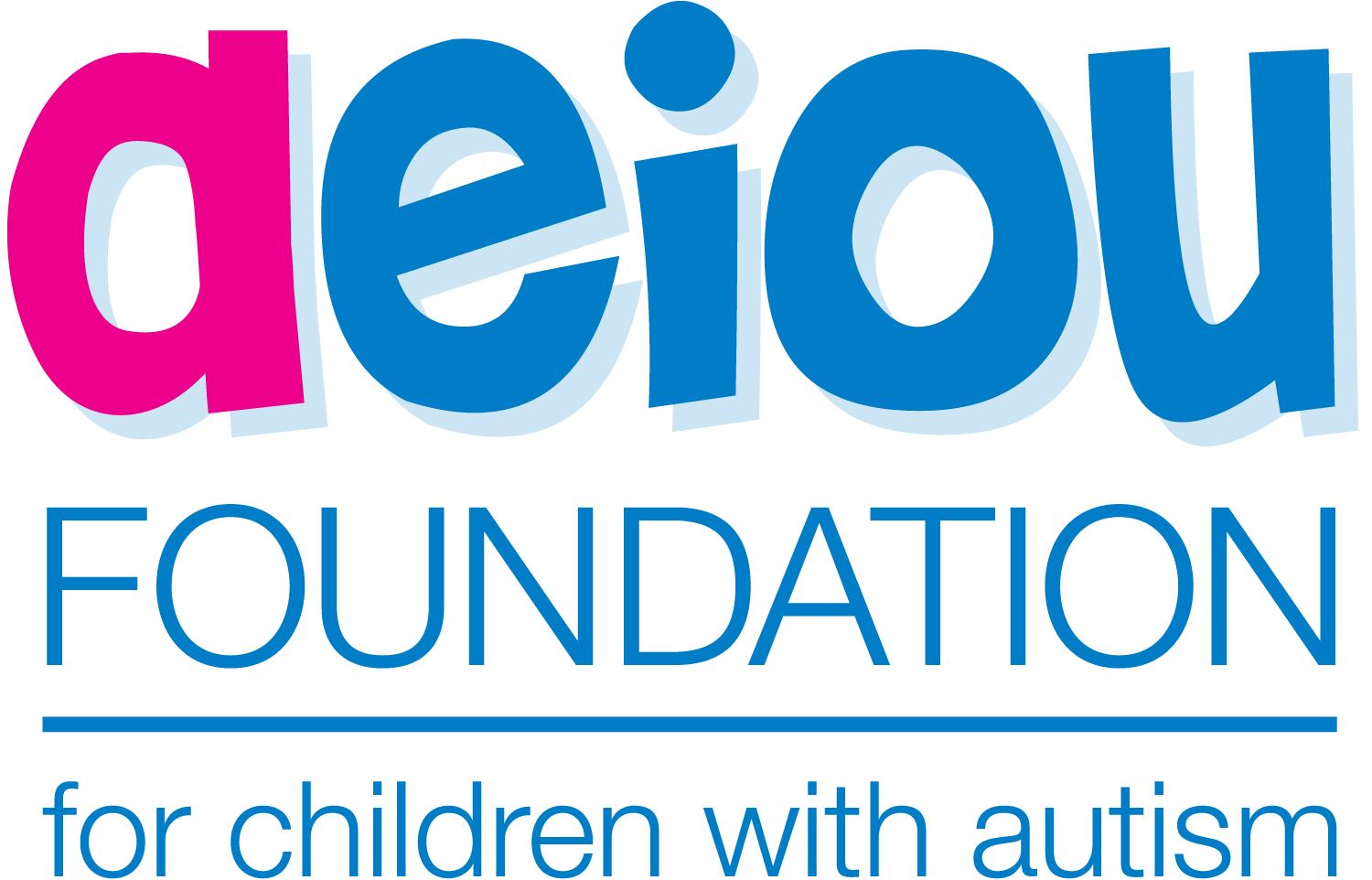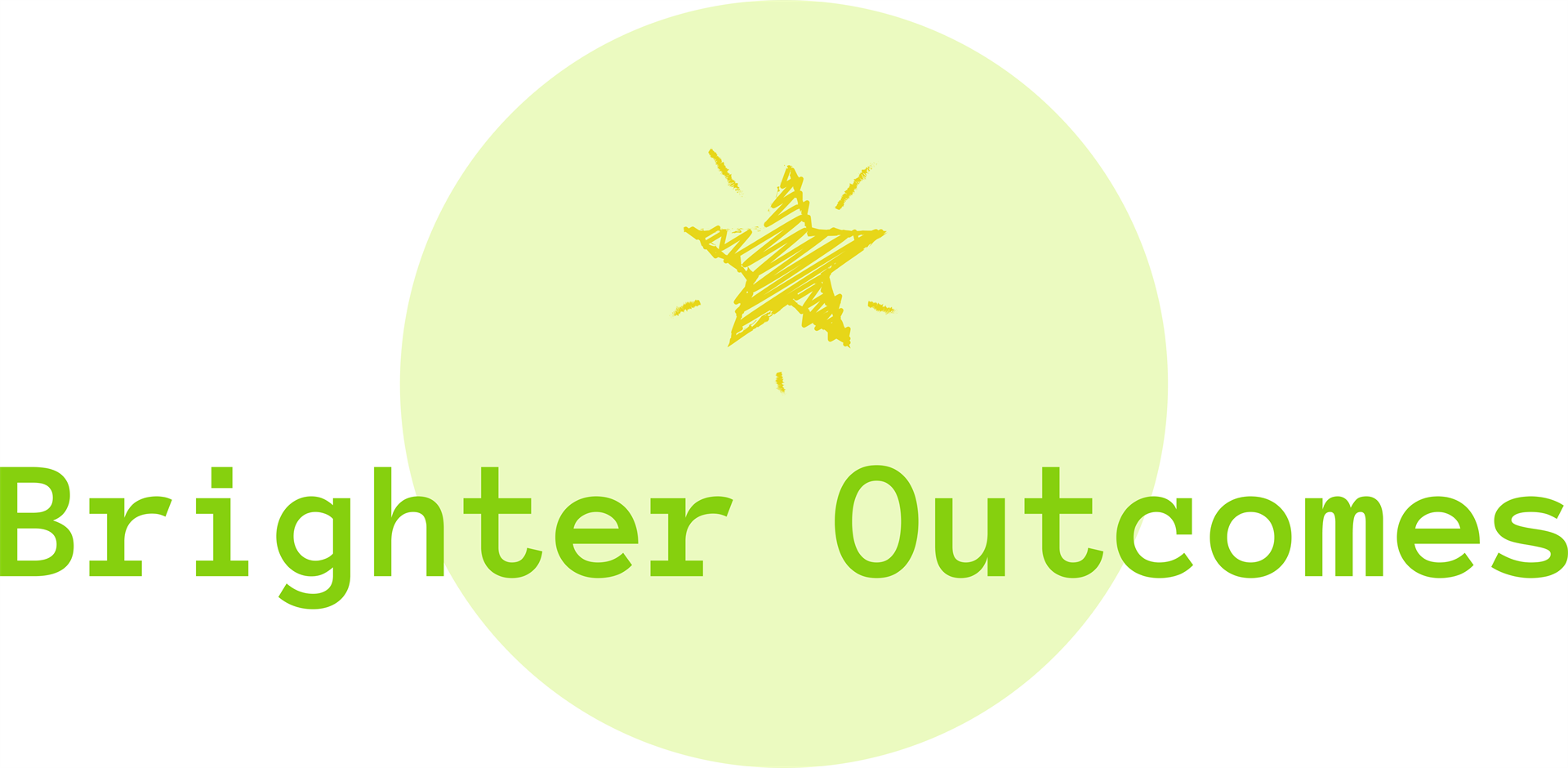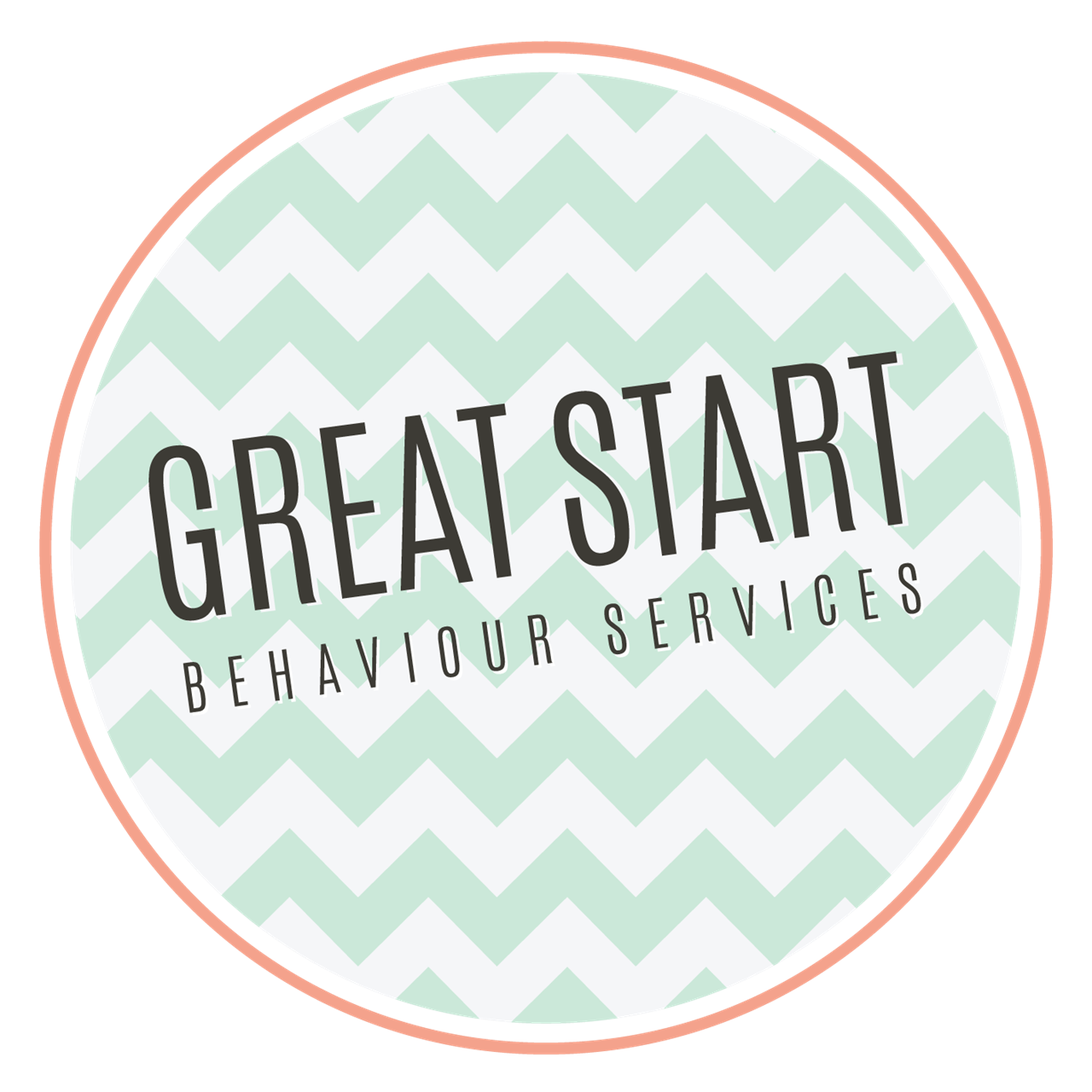Dr. Susan Hazel |
Invited SpeakerWhy an expanded ecological model is needed to improve One Welfare |
|
AbstractApplied behaviour analysis and training are tools to improve animal welfare. When training and evaluating welfare, the focus is typically on an individual animal. While we do need to focus on the individual, we also need a wider viewpoint. This is because learning in animals is part of an ecological model. Thus, each animal has their own motivational structure, ecology, and perceptual capacities. Some are common across the same species, e.g. dogs can hear high frequency sounds. Others are specific to an individual, e.g. a dog not socialised adequately shows fear responses to a wide range of noises. I argue the need to expand this ecological model and use Bronfenbrenner’s model of child development as an example. This fits within a One Welfare model, where animal and human welfare and the environment are inextricably linked. For a dog, each factor (e.g. local parks for dog walking or their guardian working 12hours/day) interacts and affects their development and welfare. In turn, a guardian may experience significant burden of care if their dog has behavioural problems. Failure to use an expanded ecological model will mean we fall short in our goals of optimising welfare for animals, humans and the environment. | Get to Know Susan HazelSusan Hazel is a veterinarian and Senior Lecturer in Animal Behaviour, Welfare and Ethics in the School of Animal & Veterinary Sciences at the University of Adelaide. She is Program Coordinator for a BSc (Animal Behaviour) which attracts international students, on the Dog & Cat Management Board of South Australia (SA), RSPCA SA, the Animal Welfare Advisory Committee of SA and Animal Therapies Ltd, a not-for-profit advancing human health through animal-assisted services. With more than 60 peer reviewed articles, she has supervised 10 PhD students and over 30 Honours students. Recent research interests include cognitive flexibility and frustration behaviour in dogs, scent work in dogs (and participation in the COVID Detector Dog Program at the University of Adelaide), links between pet ownership and human health and burden of care in animal owners. |

.jpg)







%20(002).jpg)



.png)


